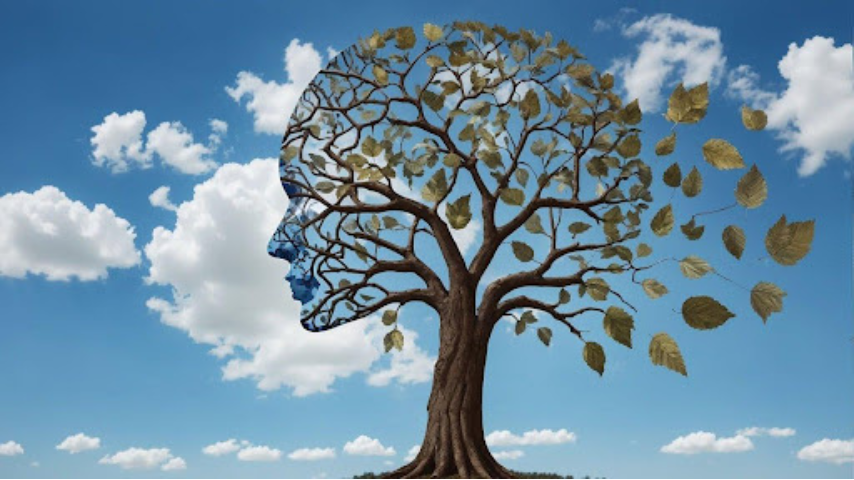Amnesia is a condition that affects memory, where the individual affected has difficulty recalling past events or establishing a clear sense of self. It takes away one’s identity, leaving them puzzled with questions.
In Chris Witt‘s A Memory’s Web: A Conspiracy Unveiled, the reader follows Jacob Hunter, who wakes up in a rundown apartment with no recollection of who he is or how he ended up there.
The story provides an insight into the challenges individuals with amnesia face. It emphasizes the personal disorientation and external threats to which such a vulnerable state can expose them.
The Psychological Toll
Imagine waking up only to find your reflection unfamiliar. This is Jacob’s reality—his struggle to reconnect with fragments of his past mirrors the disorientation that accompanies amnesia. The inability to trust your instincts or recall important moments of your life can lead to an identity crisis.
Who are you without your memories?
Jacob’s dilemma reveals a deeper psychological problem: when you can’t make sense of things around you, every interaction becomes suspicious, and every environment seems hostile. While most people with amnesia don’t face the life-threatening dangers Jacob encounters, the mental strain of reconstructing a life can be demanding.
Piecing Together the Puzzle
Each resurfaced memory becomes a clue as Jacob steers through conspiracies and betrayal. From the chemistry books and maps in his apartment to a cryptic second identity, Jacob must decode a life that feels both familiar and alien. While Jacob’s journey is fictional, it reflects some therapeutic principles, such as the use of familiar stimuli and routines to aid recovery.
The uncertainty in Jacob’s story highlights the difficulties individuals with amnesia face. How do you distinguish between memories and imagination? And how can you know who to trust when your mind is a blank slate?
Struggles with External Forces
Misunderstandings or lack of awareness about amnesia can lead to external challenges, including stigma or misinterpretation of behavior. In Jacob’s case, others’ perceptions and knowledge of his past—contrasting identities of “Jacob Hunter” and “Adam Campbell”—add a layer of intrigue and threat.
The Bigger Picture
Beyond the personal story, A Memory’s Web hints at broader questions: What defines us as individuals? Is it our memories, or is it our actions in the present? For Jacob, the tension between uncovering his past and navigating his present becomes a survival strategy.
Chris Witt’s A Memory’s Web accurately captures this condition’s physical and emotional challenges. For those intrigued by psychological and action-packed mysteries, this book offers a compelling exploration of memory, identity, and the lengths we go to reclaim them.Grab your copy today.
